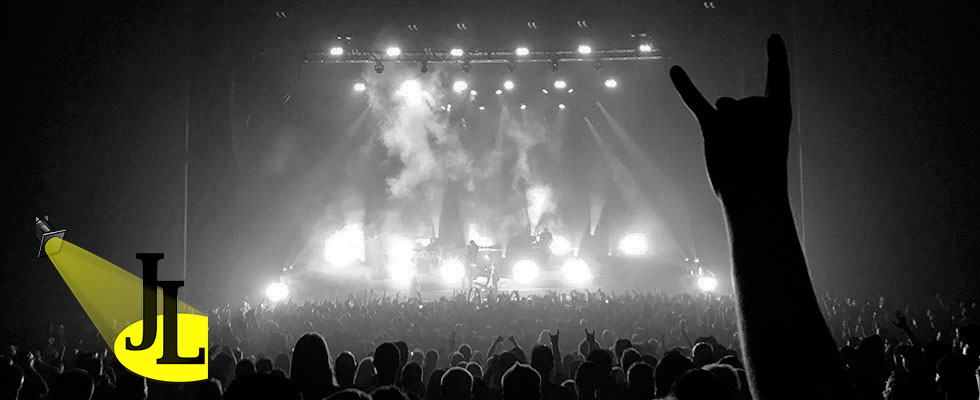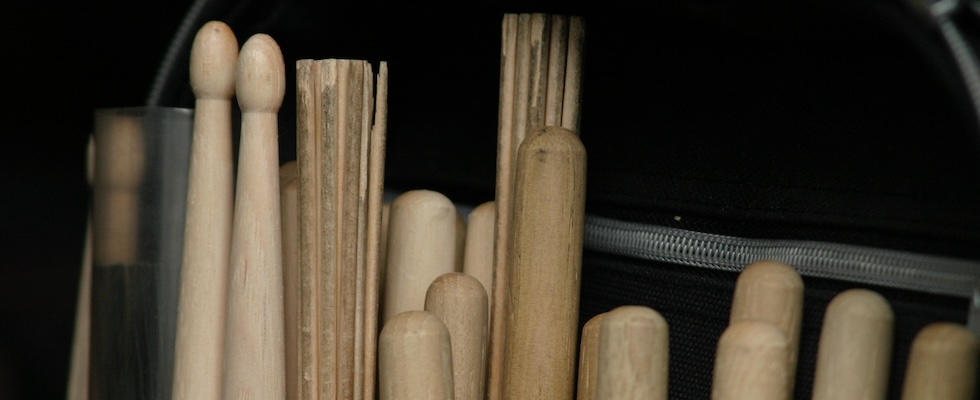My business card says agent, but truth-be-told, I am actually a buyer. A buyer is slightly different than a booking agent in that we purchase entertainment for a particular venue. Booking agents generally have a list of acts they represent and spend their days pitching them to various venues and guys like me.
Buyers are hired for their entertainment expertise, connections, and ability to negotiate better deals for their clients. Those deals boil down to less money spent versus more money earned (relatively speaking of course). To get to that point, the buyer plays arbiter for all parties in the negotiation until the deal is struck. Unfortunately, sitting in the middle of said deal means that the buyer assumes the post of whipping boy should anything negatively impact the transaction before, during, and after.
In most negotiations, the risk is generally carried 50/50. If I have a contract to buy widgets from Johnny, LLC and I fail to pay. It is my phone that rings off the hook. Flip the script and Johnny forgets to ship my widgets in time. It’s his ringtone that gets overplayed. In a buyer-backed deal, they would sit in-between Johnny, LLC and the customer and get to deal with ALL of those calls.
Entertainers often overlook the risks buyers face and nowhere is it more evident than in their sales pitch. “Book our band…we have 1,900 followers on Instagram.” “Hire us for your corporate event…we really like Propecia. Come on!…what do YOU have to lose?” These statements tell us that somewhere musicians and bands are landing gigs on pitches like this. Most of the time, this happens with smaller venues whose entertainment is handled by an overworked bar or restaurant manager. Unfortunately, this has done a disservice to entertainers who want to move up the food chain and eventually deal with buyers like me.
I immediately ask potential acts to fill out our entertainer application. It is a great litmus test to see if the artist is professional enough to follow directions. It also forces them to write down the correct name, URLs, and contact information, which results in fewer errors. *Hint…this is one of the reasons YOU fill out your forms at medical practices.
Then, I check out their videos, social presence, other venues they have played, and even Google the band to see what comes up. If everything looks good. The next step is to go see the act live. I have discussed this before in another post called Using A&R in Venue Management, so I won’t bore you with the details. (But check it out…it’s REALLY good… my mom says so.)
If all the stars align, I book them for one of our venues, but on a trial basis of limited shows. I can’t tell you how many times I have watched a great band in one venue completely falter in another. This is because numerous variables come into play including everything from the gear we use to the side of town we are on compared to that of the band’s home turf. I also talk about this in my post Listen Through the Show. Check it. My mom digs that one too.
Experience has taught me that these extra steps greatly mitigate the chances of a bad show in our venue. And as a buyer, mitigating those chances is the name of the game, so if you are an artist looking for a gig. Be prepared.
- Have live un-doctored videos on YouTube or Vimeo ready to share.
- Have a social presence and use it to show that you connect with fans through lots of likes, follows, post interactions, and updates from your crew.
- Have a list of your upcoming gigs readily available online. Sometimes, dudes like me have a few free nights and are looking to see a band we are interested in.
- Be patient.
- Put yourself in our shoes. If I didn’t know you. Would you book my act? Now support that answer with a big fat WHY?
Keep in mind. Booking agents, buyers, managers, and the venues we work with absolutely want you to succeed. Simply put, we all make more money when you do. The best thoroughly vet their potential acts to make sure we can prepare you for that success. Work with them and your gigs will only get better.




